LET’S BE FWENDS ISSUE #44:
IS THIS THE FUTURE OF FAKE NEWS (AND SOCIAL MEDIA)?
_“The only thing that makes life possible is permanent, intolerable uncertainty; not knowing what comes next.”
~ Ursula K. Le Guin_

I’ve written about an AI that is capable of writing hundreds of texts based on only a few words as prompts in the last issue, and since then I keep thinking about it, and what it means for the future of (dis)information and the Internet. Here’s a round-up of the situation, including examples. And if that doesn’t scare you enough, I present a website that generates images of people who don’t exist by merging the images of other people.
I think it’s save to say that Fake News - “news articles” that are basically made up or that contort actual facts to fit a certain agenda - are here, and here to stay. Spreading such news is not a new conceptbut it’s problem was always one: Credibility.
The easiest way to tackle this is to create the illusion of reality. If you can succeed in drowning all other news and facts in your own version of reality, it is just a matter of time before this version is accepted as the truth. (See George Orwells_1984_for details)
The operations we think about when we say ‘Fake News’ solved this by cleverly using social media algorithms to target very specific sub-groups with very specific messages.
Undoubtedly, this had a remarkable impact, but it has a very interesting, and rather critical, backside: It doesn’t scale well.
If you try to mass-produce this type of content, you run into the problem of credibility very quickly. Or rather: detectability. Repetitive language nowadays gets filtered quite effectively, making it nearly impossible to reach a larger audience with your content.
To get around the content filters, you need to hand-write your “news” and carefully curate it to match the tone and sentiment of the communities it is published in. This makes it very time- and ressource-intensive to produce.
Either way, it doesn’t scale.
So, what would happen if someone would be able to flood the net with credible, well-written fake news including visual content?
You could write so much content that it would actually flood all possible information streams, drowning out everything else.
Even though these algorithms are not available to the public at the moment, history shows that what can be done, will be done, and it will just be a matter of time (the U.S. presidential election 2020?) before this stuff gets weaponized.
The answers of Facebook, Google and Twitter so far? Nothing.
The European Union decided to end the Internet
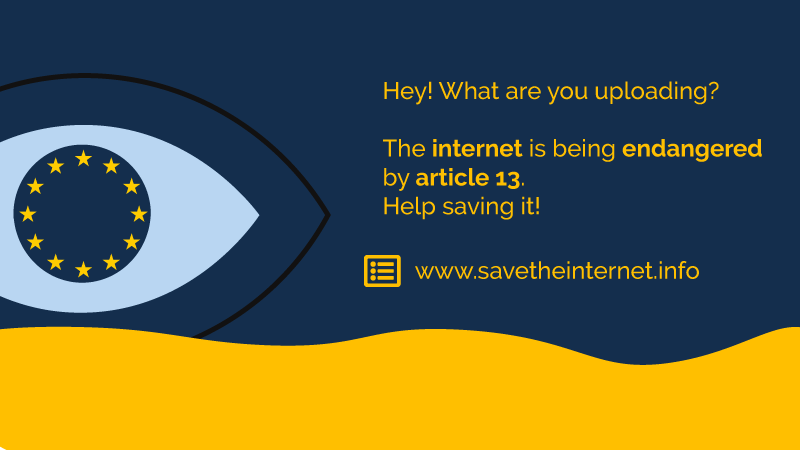
Sounds dramatic, and it is.
Another copyright initiative pushed by german mega-publishers, another desaster of non-understanding.
Now every platform that allows users to upload content is expected to install copyright filters that cost hundreds of millions of Euros.
This not a joke, and not alarmism. This might be the end of the Internet as we know it.
Luckily, there’s an election coming around the corner, which is practically the only time MEPs are willing to listen to their constituents. So please go and make your voice heard. This is important.
How long does it take the bad guys to completely pwn you?
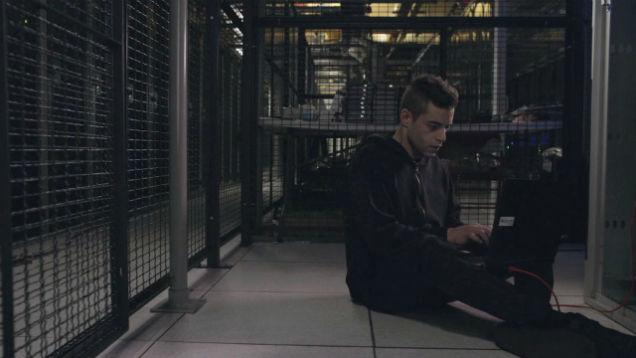
_On a related side note: Can you imagine how many stills from Mr. Robot show some person in very bad lighting with frankly very unhealthy looking skin? Go outside, get a tan, sheesh!_How long - on average - does it take a hacker group to completely infiltrate your network and get access to their target systems once they breached the outer defenses?
The security consultancy crowdstrike compiled a report on available data for 2018 and came to some interesting conclusions.Their ranking:
- Russia (18 minutes and 49 seconds)
- North Korea (2 hours and 20 minutes)
- China (4 hours)
- Iran (5 hours and 9 minutes)
- organized criminal groups (9 hours and 42 minutes.)
What’s interesting here is not only how little time you have to detect a breach before the target system is compromised, but also how huge the time difference between russian hacker groups and the second entry - North Korea - is.
A very malicious USB-Cable
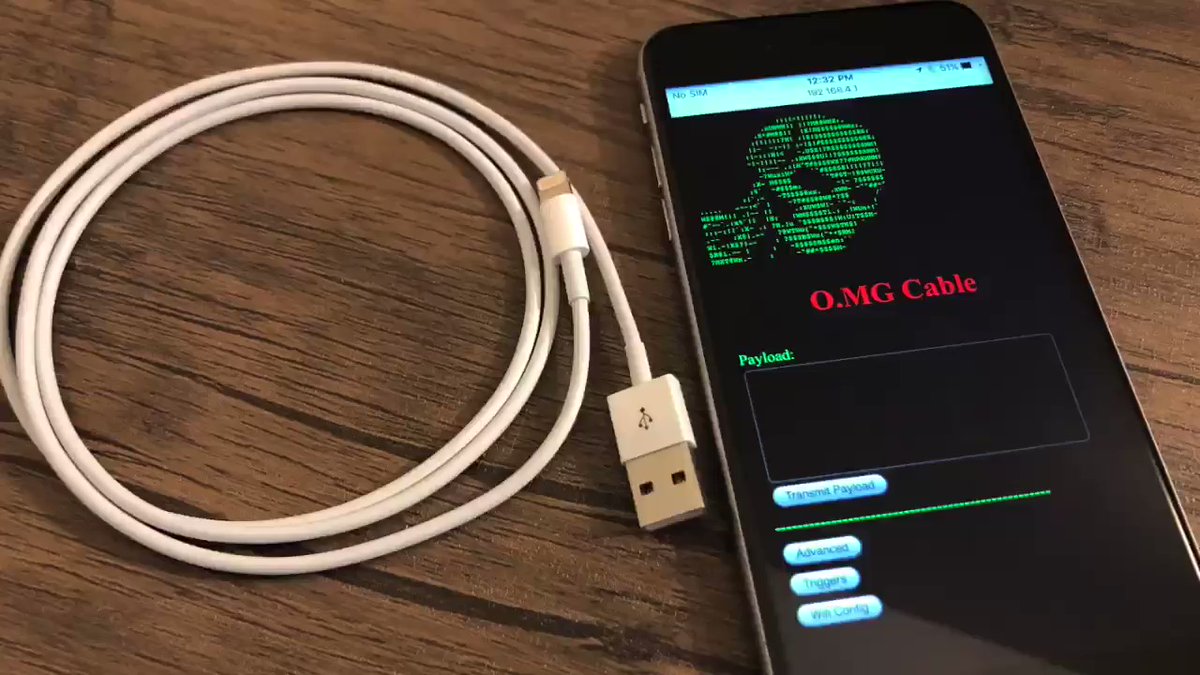
Speaking of hacking - here’s the prototype of a USB-cable capable of extracting data from the target system and broadcasting it to a remote server via Wifi.
Finally, an Augmented Reality application I understand
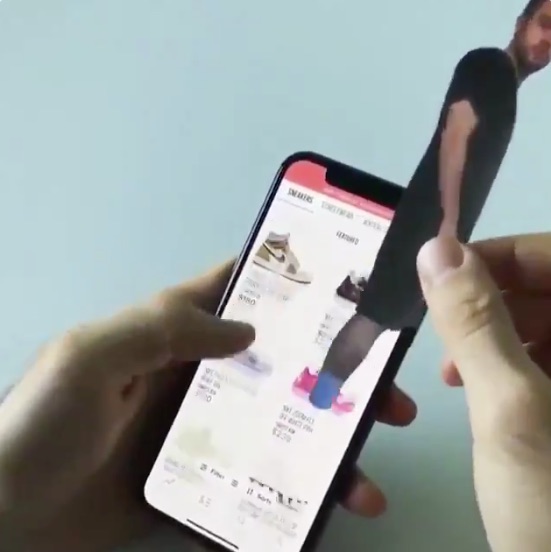
Auto-tuned cat
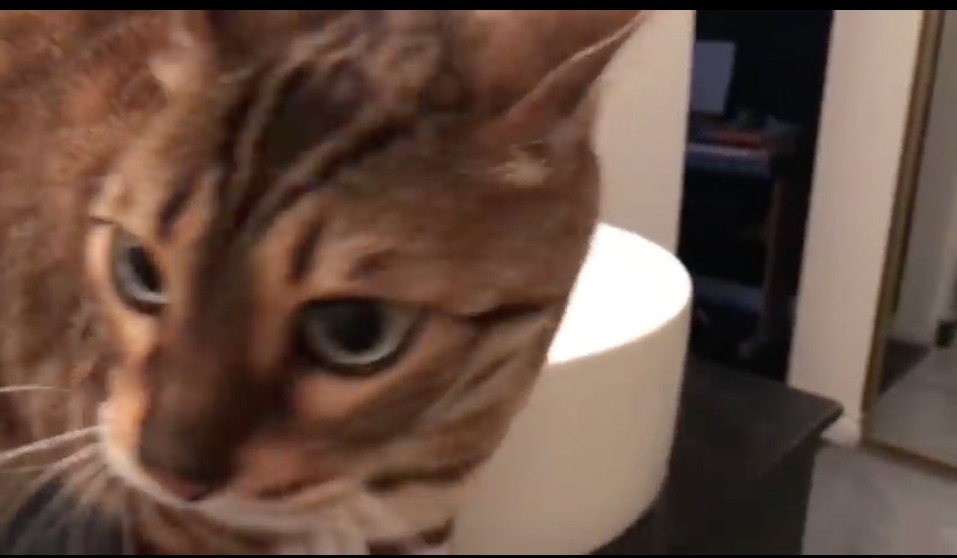
It has been too long since I last had some cat content in Let’s be Fwends (sorry if I’ve let you down, you know who you are!). So, here’s what the world needed: Auto-tuned cat.
What is loneliness?
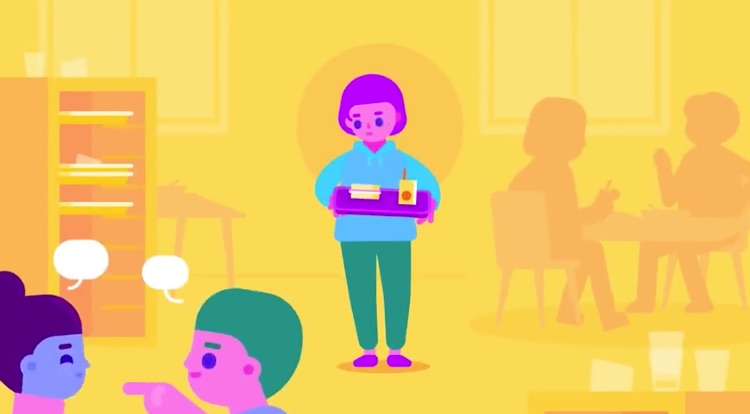
Here’s a great video of Kurzgesagt about Loneliness. Worth watching.
What does Closeness look like?
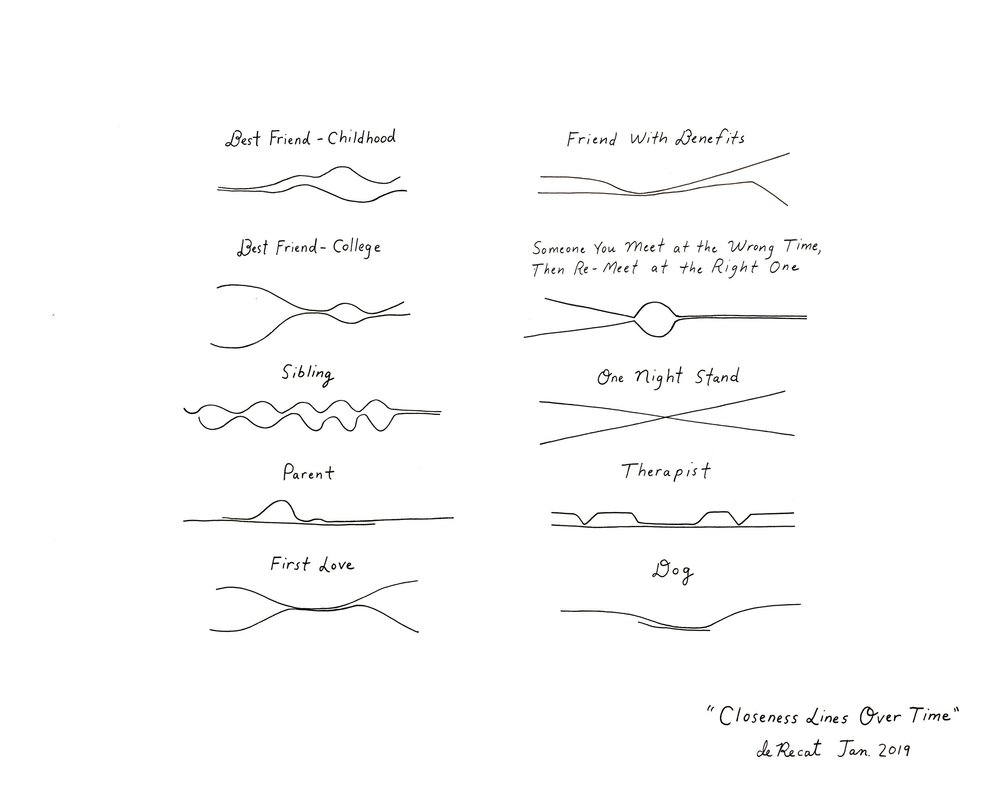
Is closeness the opposite of loneliness? I don’t think so, but in any case, here’s a great illustration of what closeness looks like.
Looks like I was able to finish this issue as planned, and in the nick of time: 62 minutes before the scheduled delivery. So, I guess, this time, the high-fives go to me because I’m back on track! 🏅
Subscribe to Let's be Fwends